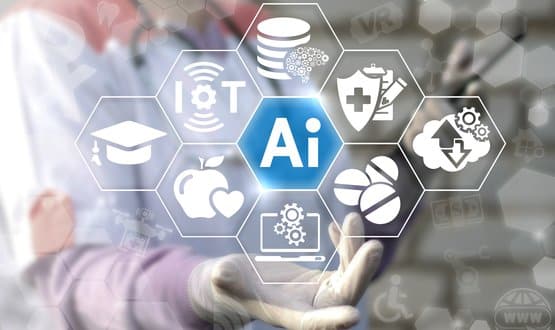Better infrastructure, access to quality data, patient trust and a change in workforce culture is needed before artificial intelligence (AI) can be successfully scaled across the NHS, a panel discussion has said.
Speaking at an event focusing in AI in the NHS, representatives from a number of healthcare organisations shared their thoughts on the barriers facing the technology.
Both patient and clinician trust in technology was a key concern, as was access to quality data that’s easily shared and applied to new technology.
“I think lots of success factors need to be in place. There’s no question that these algorithms need very curated, rich data,” one panelist said.
“The average hospital in the UK has hundreds of different non-integrated systems. Some of the ideas from Matt Hancock and NHSX of moving people towards common, open, interoperable standards is incredibly positive.
“We need to get to that place before this stuff [artificial intelligence] is really going to work to scale.”
Building trust with patients was also “integral” for the success of AI, they said, adding “patients just want stuff that works” they have legitimate concerns about big technology company’s role in healthcare.
The panelist said: “We have to bring the patients and the public along with us on this journey and all technology companies need to up their game.”
The idea that clinicians also need to be reassured that technology can be trusted, particularly when it comes to diagnostic tools, was another theme raised during the panel.
Another panelist said: “When we talk about technology, we need to change the culture of the people on the ground as well.”
“That actually technology is OK and can be trusted, these things have been tested and validated.
Skills to use technology and an ability to “interrogate” AI’s decisions – to better understand its clinical judgement to guide potential therapies – are also necessary, it was said.
“The other big one is skills, on all levels, whether it’s in clinical training – are people really being equipped to use technology and understand the benefits of that,” one panel member said.
“Also, simply having AI engineers. There’s a lot of work we are doing with career apprenticeships as well as bringing people in from the NHS grad scheme to help with the upskilling and I think that’s hugely important if we want to make progress here.”
Other key themes of the discussion included the role of the newly formed NHSX in creating frameworks to guide the development of technology, as well as the potential for AI to free up time by automating back-end tasks.
Please note the reported event was held under Chatham House rules which means the identity nor the affiliation of the speaker(s) can be named.


18 June 2019 @ 12:01
I attended this event- whilst it was certainly interesting and covered several pertinent issues, I would have welcomed more attention on the lack of available health data. Access remains patchy and remains a barrier to truly integrated care. Once data is made more available ( with sensible, consistent I G in place) really exciting work can be done utilising AI- The technology and expertise has been around for a while but needs consistent access to quality data to continually improve, evolve and deliver valuable insight.
15 June 2019 @ 09:11
“Patients just want stuff that works”. Quite so, but this not not mean technology. The DHSC/NHS are systematically destroying everything that works.